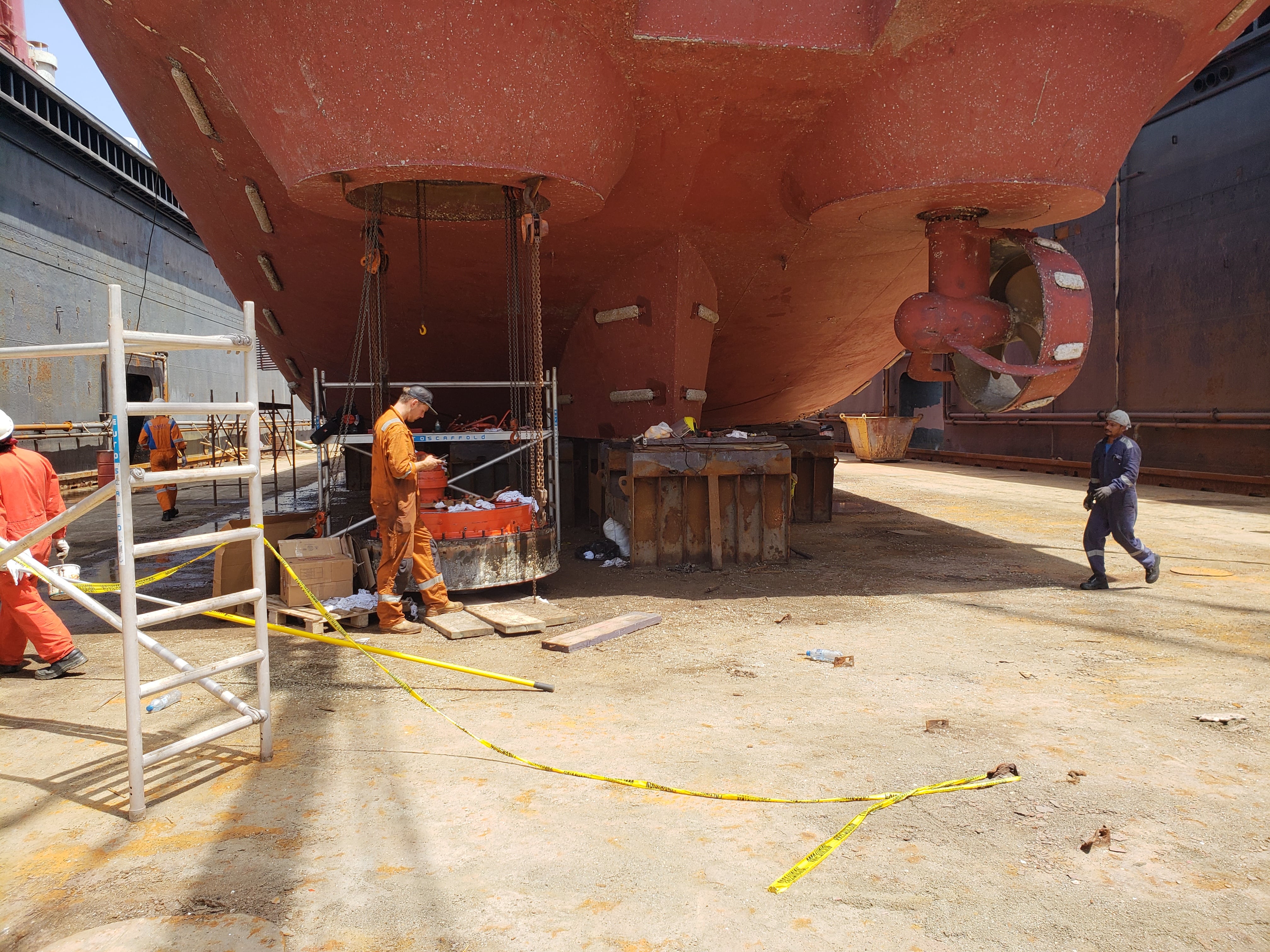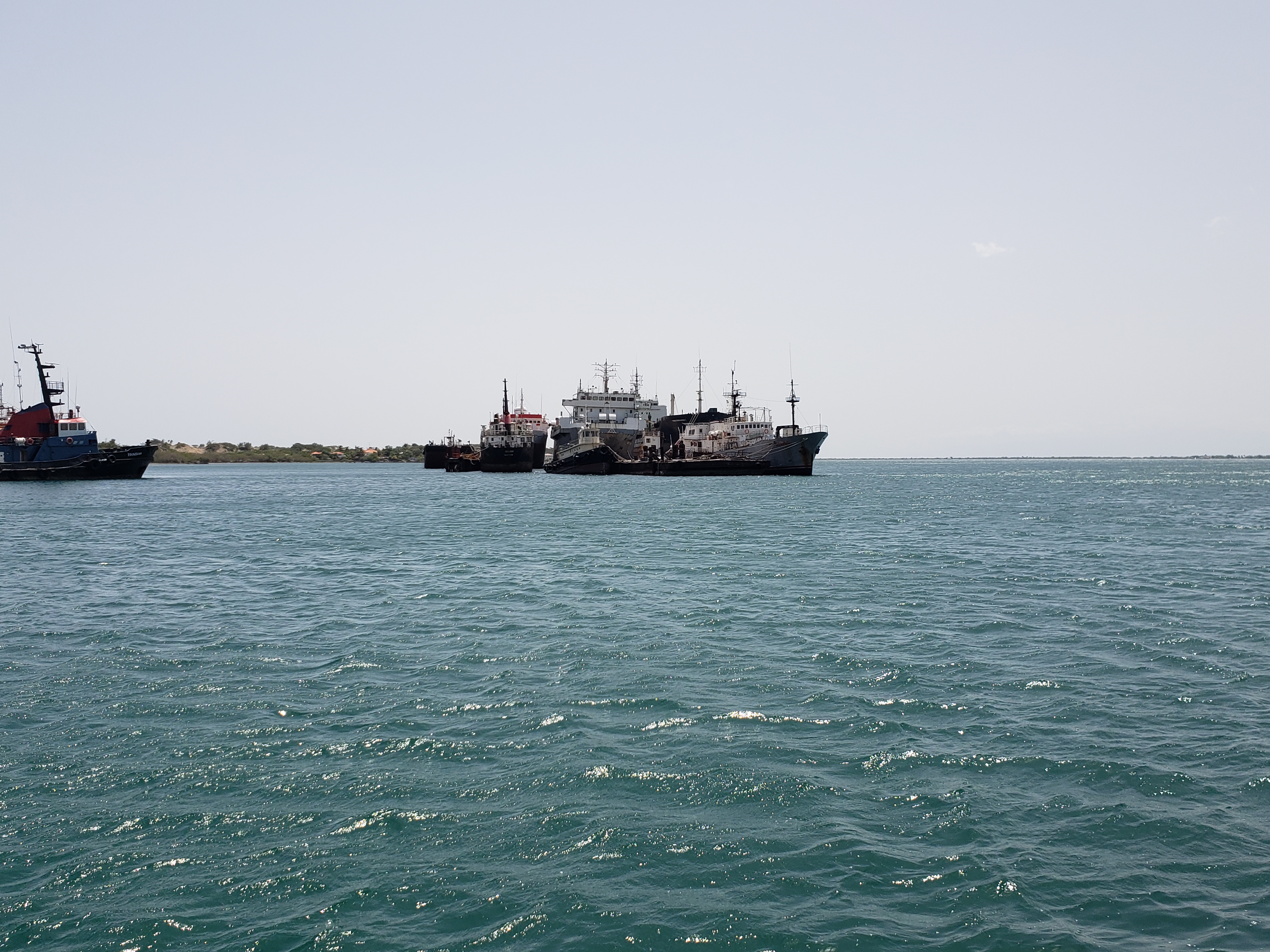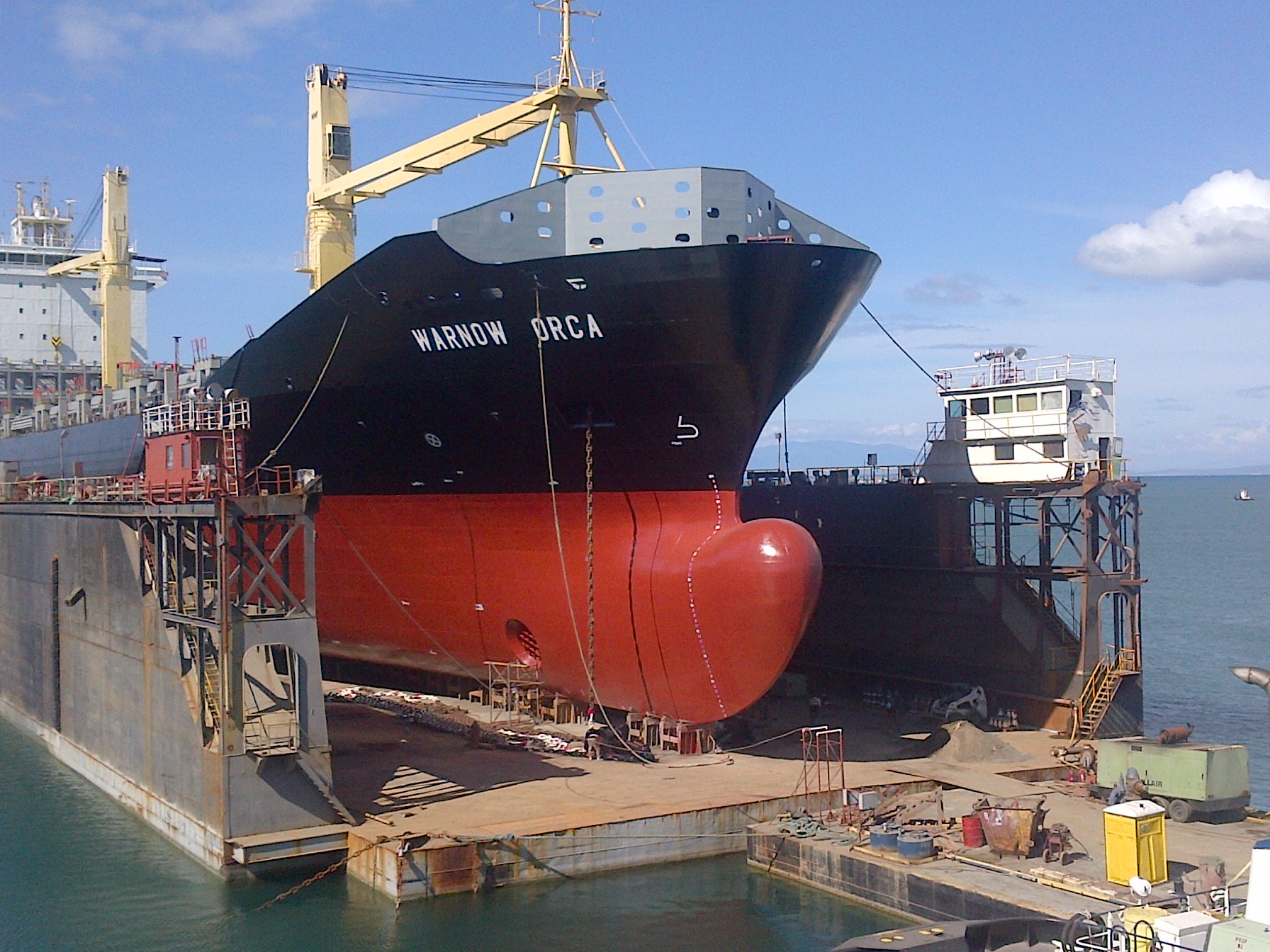
23-08-2021
What is life like seaward?
Working seaward can include a difficult timetable, squeezed quarters, and being away from home for quite a long time or even a long time at a time. Working 13+ hour days can be difficult to become acclimated to, yet having a long time off to go through with family and great compensation are draws for this occasionally risky, continually fascinating position. Today we will investigate life on an oil apparatus or stage: driving to work, long timetables, and remaining protected in the sea. Since seaward offices are out on the vast oceans, around many miles from shore, a helicopter is normally the most ideal approach to arrive, in spite of the fact that there are team vessels. Helicopters don't need to manage waves and ocean conditions, particularly significant in the spaces with difficult situations. In any case, there's no stalling out in rush hour gridlock on your drawn out ride across the sea. Apparatuses and stages work 24 hours per day, the entire year, and their movements mirror that. Most specialists are seaward for somewhere around fourteen days in a row, trailed by equivalent downtime. Albeit this can be longer - during COVID a few visits were reached out to about a month and a half. The lengthy visits have likewise been a component of isolate; it's a lot harder to change shifts when you need to isolate for seven days prior to going to work. Days are usually 12 hours long, but add in some hand-over time and meetings, then it’s closer to 13 hours on most days. While offshore, workers work every day without a day off until they go home.
Shifts sometimes run 0:00-12:00 and 12:00-0:00, but can also run 6:00-18:00 and 18:00-6:00. In fact, one of the strangest parts of offshore drilling is that you could be busy every day for weeks, but this depends on your job. Also, you could work overtime, or even be on standby for weeks just waiting to do your part. One of the upsides to life offshore is the food. Regular shipments of food are brought in, which means fresh vegetables, fruit, meat, and chefs to prepare it all. Of course, that breakfast of eggs, biscuits and gravy, ham, bacon, and pancakes will get burned off quickly during the 13 hours on the job. Meals are served four times per day, giving people who are about to start a shift or just getting off a shift time to grab some freshly cooked food. Lodges are typically somewhere in the range of one to four individuals to a room, and divided washrooms among lodges. It tends to be harsh when at least 4 individuals are getting moving around the same time before their shift and attempting to utilize a similar shower, yet it's something to become accustomed to. Clothing is completely accomplished for you, and gourmet specialists get ready dinners four times each day, so essentially the errands are kept to a base for laborers. Working offshore requires lots of training on how to stay safe around heavy machinery, combustible materials, and other safety lessons you need to know while working 100 feet above the middle of the sea on a small steel city.

06-12-2021
10 curious facts about maritime transport
1. Maritime transport represents 90% of world trade shipments.
2. The cost of building large container ships can exceed $ 200 million.
3. Only between 2% and 10% of the containers that transit around the world are inspected.
4. Maritime transport is an ecological form of transport, if we compare it with trucks or airplanes.
5. The average cost of shipping a bicycle is $ 10. The cost of sending a can of soda is $ 0.01.
6. Right now, there are about 20 million containers traveling by sea.
7. The engine of a container ship is 1,000 times more powerful than that of a car.
8. About two-thirds of commercial ships do not have advanced communication facilities on the high seas. Only 10% of the boats have Internet on board.
9. The ports of the East Coast of the United States, New York and New Jersey, carry a third part of all the traffic of the North Atlantic.
10. There are approximately 1.5 million sailors, the vast majority of whom come from the Philippine Islands.

17-11-2021
Importance of underwater ship repairs and maintenance
Standard support and fixes to your boat is a fundamental piece of being a vessel proprietor; it assists with guaranteeing wellbeing and security, keeps your boat in top condition and can set aside you time and cash over the long haul
Every so often, a submerged fix is the lone possible alternatives, especially in occurrences of body, propeller and plating upkeep.
Submerged boat fixes can:
· Signify your necessities
· Set aside cash over the long haul
· Lessen time spent in dry dock
· Further develop transport proficiency
Here’s why certain underwater repairs and maintenance are so important:
Hull Cleaning
Maybe the main sort of submerged boat fix, body cleaning ought to be finished consistently.
By keeping your boats structure spotless and kept up with, you can stay away from terrible shocks like barnacles, marine scavangers that whenever left untreated can connect themselves permanently to the underside of your boat.
Propeller Polishing
Regular propeller polishing can assist with diminishing the surface's harshness and thusly, can save huge costs eventually. Smooth propeller surfaces become ungracious to marine living beings, which means the underside of your boat will not turn into a homing ground for marine life that could cause harm.
Hull Plate Repairs
Damaged hull plating can be the result of many factors; natural corrosion, stress from long voyages or unavoidable wear and tear after years of use. Allowing defective hull plates to go unnoticed can cost you, both financially and in time, so immediate repair and maintenance once a fault has been identified is important. Repair methods are varied; from a hydraulic ram to specialist tempering.
Underwater Ship Painting
There will without a doubt be a period where submerged composition or cement work to the lower part of your boat is required, especially if any defensive covering starts to break down and erode. Customary upkeep on your boat's paintwork can assist with hindering such erosion as well as putting aside your money; if rust or oxidization is left for a really long time, it turns into a significantly more costly issue to have.
